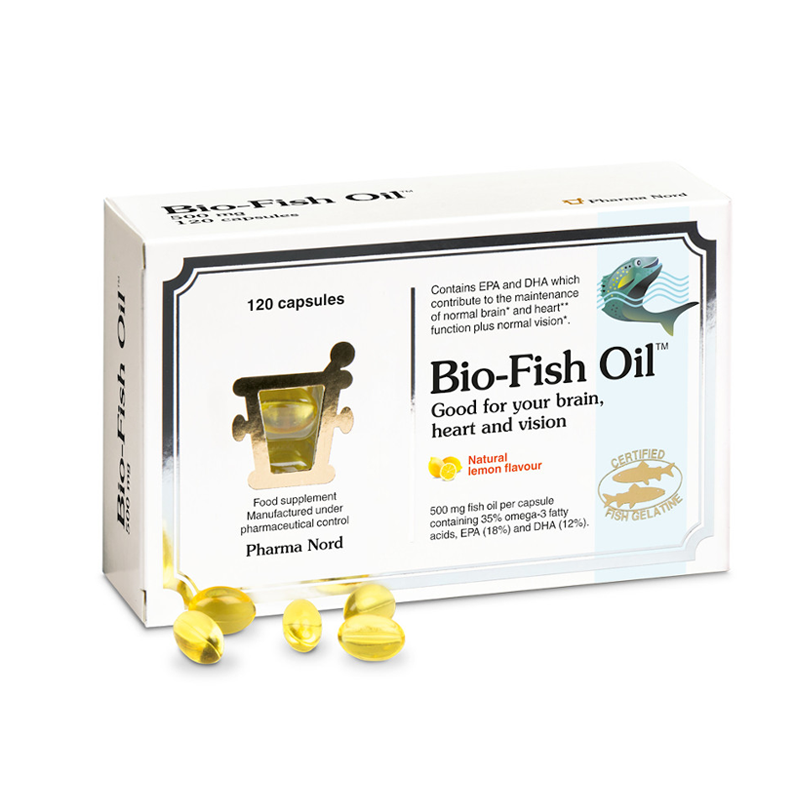Eye Health
Managing eye health conditions for healthier vision
Learn how lifestyle changes, nutrition and natural support can help reduce your risk of eye health complications.





What is age-related macular degeneration (AMD)?
What are cataracts?
What is glaucoma?
What is diabetic retinopathy?
Frequently Asked Questions
How often should I have my eyes examined?
Adults should have an eye test every 1-2 years, even if vision seems normal. Early detection is crucial for conditions like glaucoma, cataracts, diabetic retinopathy, and macular degeneration.
Do my sunglasses need a specific standard to protect against UV?
Yes. Sunglasses should carry the CE mark or BS EN ISO 12312-1 to ensure adequate UVA/UVB protection. Wraparound or large-lens styles give the best coverage.
Which nutrients are best for eye health?
Vitamin A supports night vision, Vitamin C helps protect against UV damage, Selenium may reduce the risk of AMD, and Omega-3 fatty acids can ease dry eyes and support retinal health. Supplements like Bio-SelenoPrecise, Bio-Fish Oil, and BioActive Omega 7 can complement a healthy diet.
Does smoking really affect eyesight?
Yes. Smoking doubles the risk of age-related macular degeneration (AMD) and increases the likelihood of cataracts, optic nerve damage, and diabetes-related vision problems.
When should I seek urgent medical attention for eye problems?
If you notice sudden vision changes, intense eye pain, halos around lights, redness, or loss of vision, seek immediate medical care, as these could indicate serious eye conditions.







